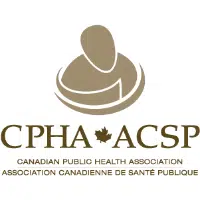Recommendations were released last week from a Federal Task Force on the legalization of pot and The Canadian Public Health Association is welcoming those recommendations.
Media release: Public health welcomes recommendations of federal #TaskForce on #Cannabis Legal’n & Regul’n https://t.co/Q0LelDYwhE
— CPHA-ACSP (@CPHA_ACSP) December 13, 2016
Executive Director Ian Culbert says this is an important first step but there is still a lot of educating that needs to be done.
“We’ve got a lot of work ahead of us, mostly to develop messages and campaigns that resonate with young people so they actually hear it through all the noise that’s out there,” says Culbert.
A public health approach to marijuana will ensure there will be interventions, policies, and programs implemented that are attentive to the potential harms of pot.
That includes public health promotion that will help reduce the possibility of problematic use.
One of the recommendations was to set the legal age limit at 18 which Culbert says is acceptable.
“Almost 25% of youth aged 15-24 have used or are currently using Cannabis, so if you set the age too high, you drive that population right back into the illegal market,” says Culbert.
He says it’s important to understand the motivations behind people consuming marijuana.
Culbert says an example of low risk consumption is a few friends enjoying some marijuana on the weekend to relax.
“But, if you’re stressed out at work, and you have money problems, and consuming cannabis just makes all that go away that’s a different scenario,” says Culbert. “And we need to be able to respond to the different reasons why people consume.”
Culbert says low risk guidelines should be set up for the general population and then specific populations should be identified who might need more targeted information.
Those groups would include pregnant women, and people struggling with mental health.
Below is a copy of the Recommendations from the Federal Task Force







